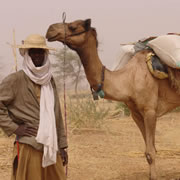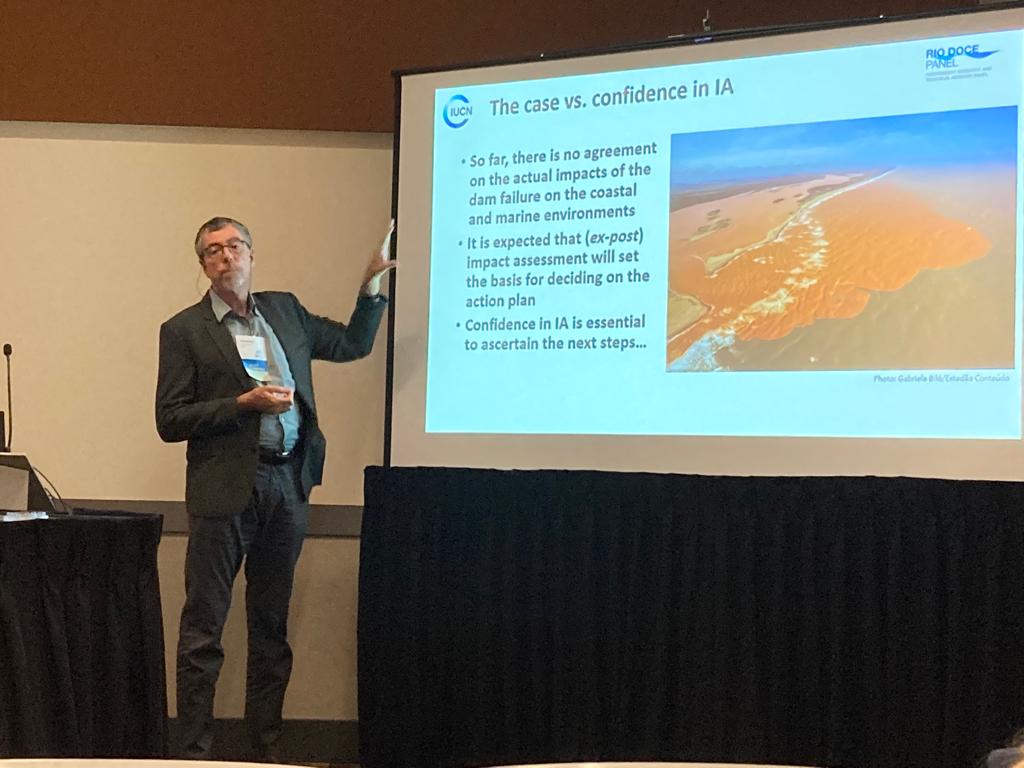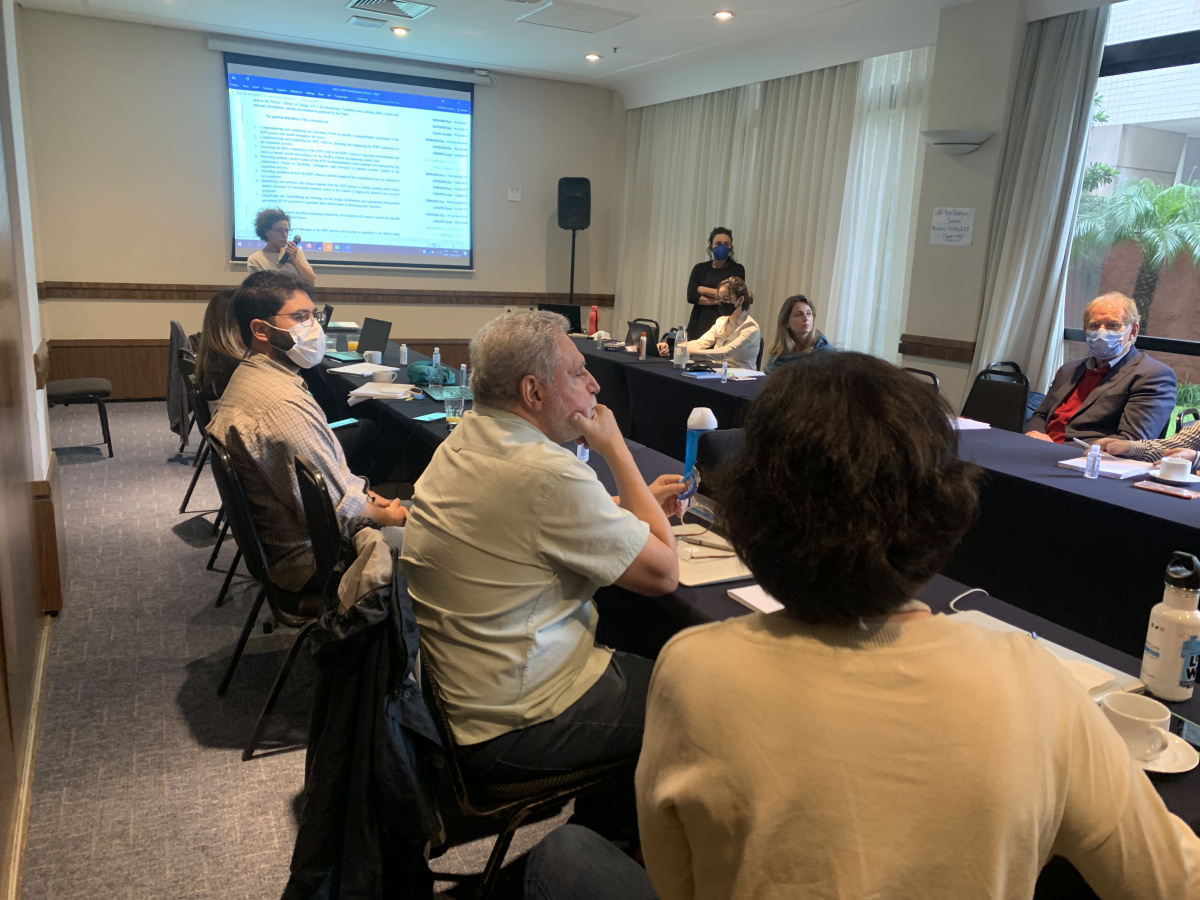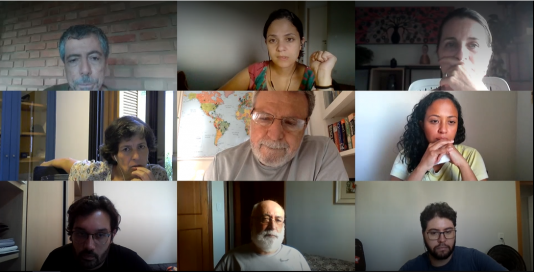Indigenous peoples play key role in coping with climate change – IUCN

Photo: Danièle Perrot-Maître
Gland, Switzerland, March 17, 2008 (IUCN) – Indigenous peoples around the world will bear the brunt of climate change – but they are also armed with the traditional knowledge to survive its effects.
That’s the message from the first comprehensive analysis of the effects of climate change on indigenous peoples, which is released today by IUCN (International Union for Conservation of Nature).
“Indigenous peoples are literally living on the edge – highly dependent on natural ecosystems, they usually occupy marginal lands, are under pressure socially and many lack proper political representation to improve their situation,” says Gonzalo Oviedo, IUCN Senior Advisor on Social Policy, and co-author of the report. “As a result they are especially vulnerable to climate change."
“But they’re not just victims,” says Julia Marton-Lefèvre, IUCN Director General. “Because of their long dependence on nature they’ve developed strategies to cope with climate change and extreme natural events which still have as much relevance today as they did hundreds of years ago.”
The report identifies such strategies, including the traditional Quezungal farming methods in Central America which involves planting crops under trees so the roots anchor the soil and reduce the loss of crops when hurricanes strike.
The report maps out the areas of the world which will be most vulnerable to climate change in the future and how this will impact on indigenous peoples. It calls on policy makers to take indigenous people’s experiences into account when making climate change policy.
Climate change will be one of the major issues discussed at IUCN’s World Conservation Congress in Barcelona this October. Media interested in registering should go to: http://cms.iucn.org/news/events/news_congress/congress_get_involved/congress_who_are_you_/
A full copy of the report is available at: https://www.iucn.org/downloads/indigenous_peoples_climate_change.pdf
Audio downloads and photos are available at:
http://cms.iucn.org/media/packs/index.cfm?uNewsID=512
For more information, please contact:
- Sarah Halls, IUCN Media Relations Officer, Tel: +41 22 999 0127, Mobile: +41 79 528 3486; Email: sarah.halls@iucn.org; Web: www.iucn.org
About IUCN (International Union for Conservation of Nature)
IUCN, the International Union for Conservation of Nature, helps the world find pragmatic solutions to our most pressing environment and development challenges by supporting scientific research; managing field projects all over the world; and bringing governments, NGOs, the UN, international conventions and companies together to develop policy, laws and best practice.
IUCN is the world’s oldest and largest global environmental network. IUCN is a democratic union with more than 1,000 government and NGO member organizations, and some 10,000 volunteer scientists in more than 150 countries. IUCN’s work is supported by 1,100 professional staff in 62 countries and hundreds of partners in public, NGO and private sectors around the world.



